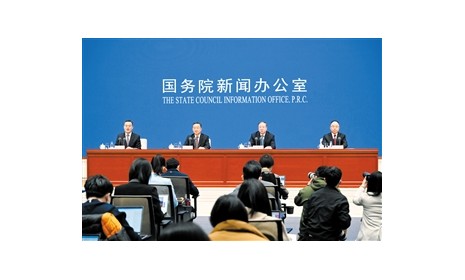据欧盟食品安全局(EFSA)消息,11月6日欧盟食品安全局就抗虫转基因玉米1507的商业化种植发布了意见。
部分原文报道如下:
In its 2011 Scientific Opinion updating the evaluation of the environmental risk assessment and risk management recommendations on the genetically modified (GM) insect resistant maize 1507 for cultivation, the EFSA GMO Panel recalibrated the mathematical model, developed by Perry et al. (2010), in order to simulate and assess potential adverse effects resulting from the exposure of non-target Lepidoptera (butterflies and moths) to pollen from maize 1507 under representative EU cultivation conditions, and extended it to estimate the efficacy of certain risk mitigation measures. The EFSA GMO Panel concluded that risk mitigation measures may be needed under specific conditions (depending on, for example, sensitivity and occurrence of non-target Lepidoptera, acreage of Bt-maize, host-plant density) in order to reduce the exposure of sensitive non-target (NT) Lepidoptera to maize 1507 pollen. The EFSA GMO Panel also reiterated its recommendation that appropriate insect resistance management (IRM) strategies relying on the 'high dose/refuge' strategy should be employed, in order to delay the potential evolution of resistance to the Cry1F protein in lepidopteran target pests.
In this Scientific Opinion, the EFSA GMO Panel was asked by the European Commission to re-apply its mathematical model to consider additional hypothetical agricultural conditions, and to provide additional information on the factors affecting the IRM plan, additional to that in its 2011 Scientific Opinion on maize 1507. Here, risk managers are provided with additional evidence and further clarifications to those previous conclusions and risk management recommendations.
更多请见:http://www.efsa.europa.eu/en/efsajournal/pub/2934.htm
日期:2012-11-07
















